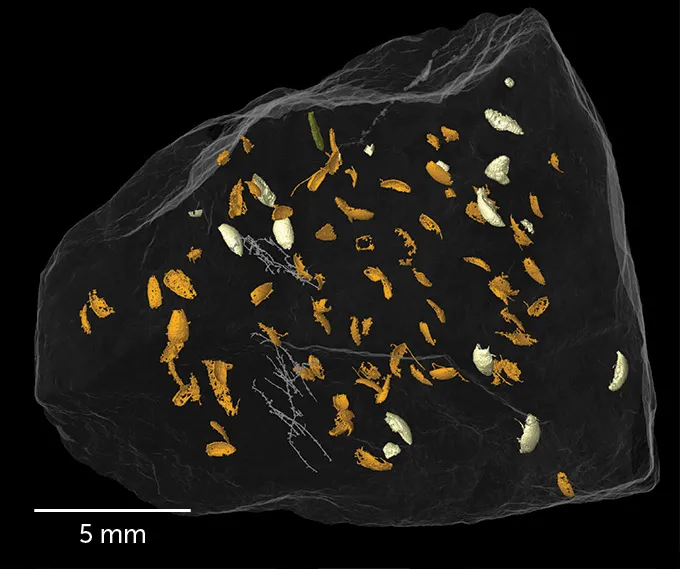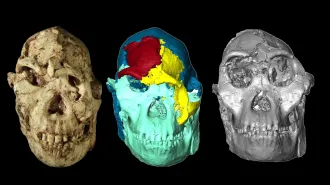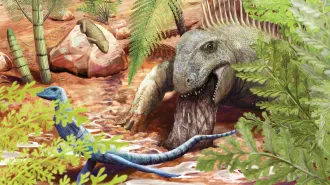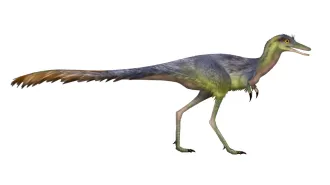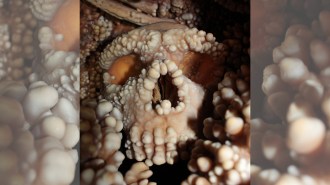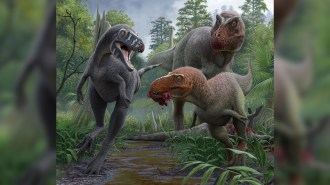Fossilized dung from a dinosaur ancestor yields a new beetle species
Ancient feces could contain more details about life long ago than previously thought
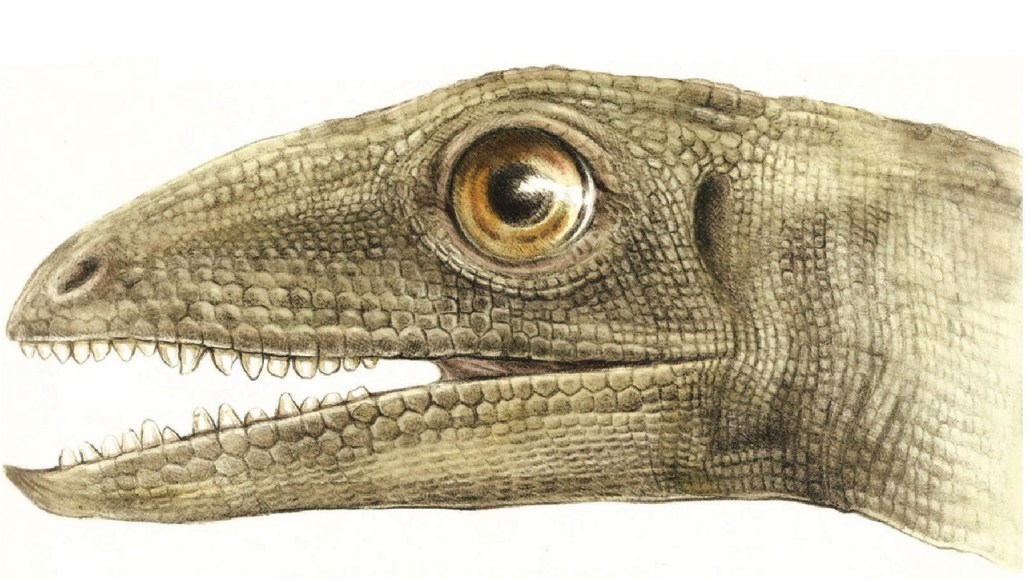
Scientists found never-before-seen beetles by analyzing ancient poo likely from an insect-eating relative of dinosaurs called Silesaurus opolensis (illustrated).
Małgorzata Czaja
